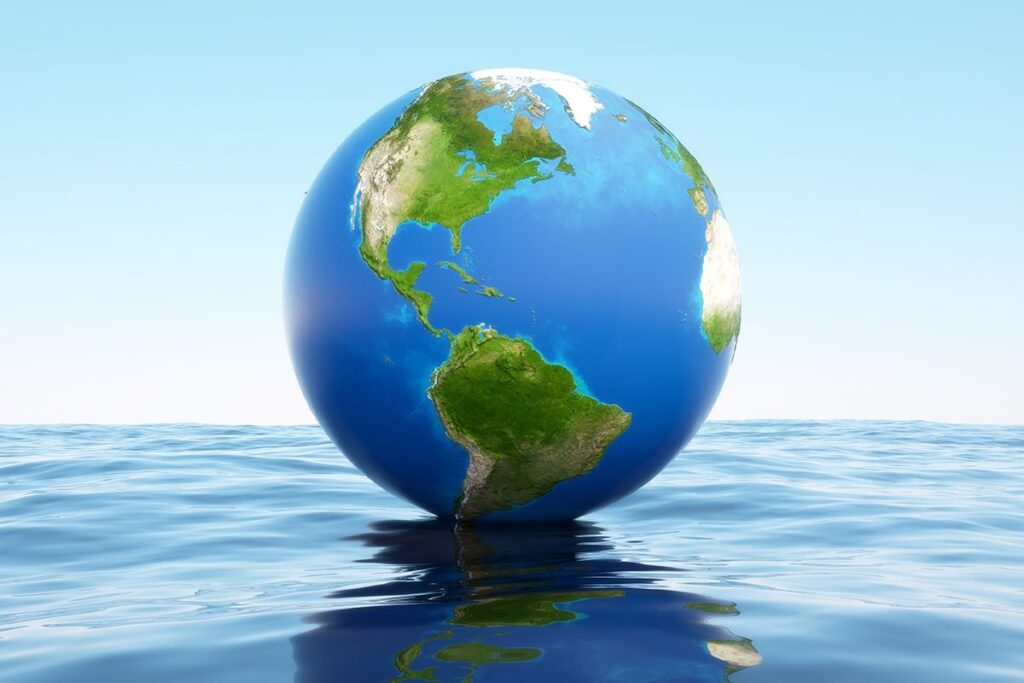
Water is far more than just a vital resource for survival. It can be a powerful unifying force that could help address some of the world’s most pressing challenges. From sanitation and health to food security and international diplomacy, water interconnects with numerous critical issues that define the future of humanity.
Take sanitation and public health, for example. In many parts of the world, especially in densely populated areas like refugee camps, the lack of clean water and adequate sanitation facilities leads to the outbreak of deadly diseases like cholera, typhoid, and dysentery, which tend to hit the most vulnerable populations the hardest, particularly women and children. Better water management and sanitation practices could potentially prevent many of these outbreaks. Governments and NGOs must collaborate to enhance water access and sanitation, safeguard fundamental human rights, and preserve lives.
Interestingly, water also serves as a foundation for international cooperation, particularly among countries that share water resources. Let’s put it this way: “transboundary water management” can be a source of tension, but it also offers an opportunity for collaboration. When nations work together to manage shared water resources, they not only resolve potential conflicts but also build trust and teamwork, which are key elements for maintaining peace and stability in regions where water scarcity could otherwise lead to discord. Take, for instance, the civility between Egypt and Uganda over the Nile River; it’s a true depiction of how water can bring nations together rather than divide them.
Water plays an essential role in agriculture, which consumes about 70% of global freshwater. As our global population continues to grow, the demand for food rises, making water management crucial for food security. When nations tackle water shortages through innovative irrigation and sustainable practices, they can significantly boost food production. This, in turn, brings us closer to achieving the United Nations Sustainable Development Goal of zero hunger by 2030, ensuring that everyone has access to enough, nutritious food.
And then there’s climate change, which is throwing a wrench into the availability and quality of water in many regions. Extreme weather patterns are making water scarcity even worse, but there’s hope. Implementing climate-resilient technologies, like solar-powered water pumps for remote rural areas, can make a significant impact. These technologies ensure that communities, especially those in vulnerable regions, continue to have access to clean water, even in the face of changing climate conditions.
Simply put, water’s significance is undeniable, and the need for a collective effort to manage this resource effectively is paramount.


